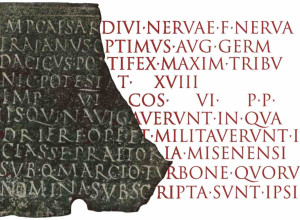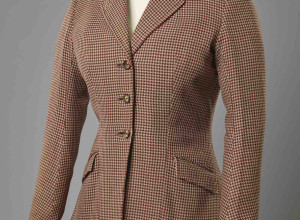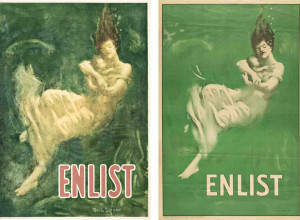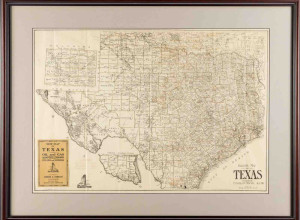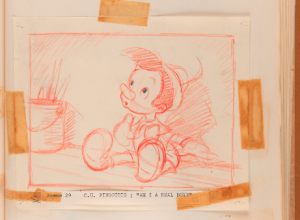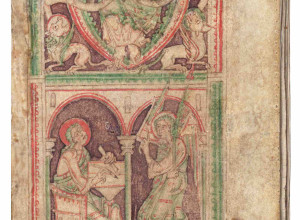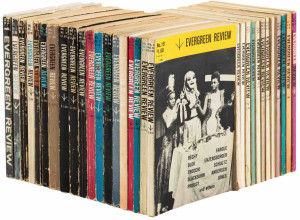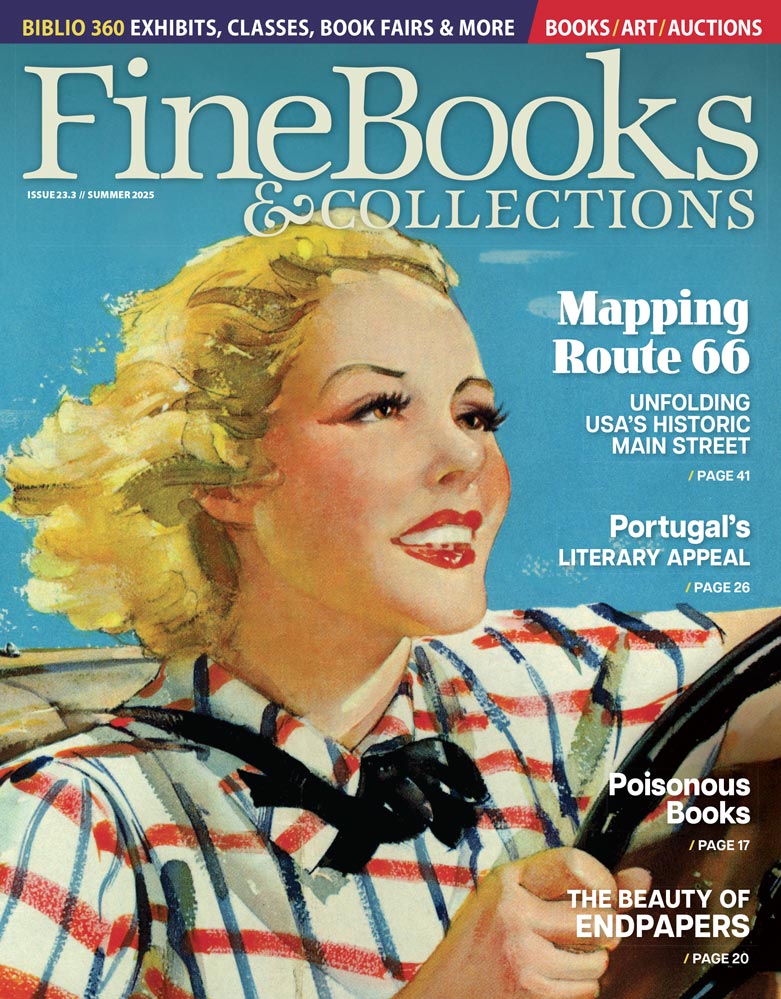Elizabeth Barrett Browning Letters and John Galsworthy Archive Acquired by British Library
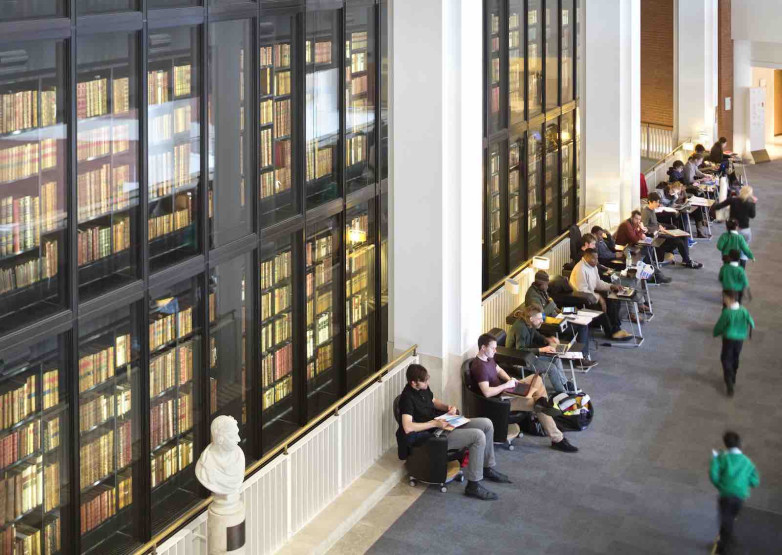
King's Library Tower at the British Library
The British Library has acquired a series of letters from Elizabeth Barrett Browning and the archive of novelist and playwright John Galsworthy.
Barrett Browning's collection of 131 letters (1846-60) follows the publication of Poems (1844), the successful volume for which she first became well-known. The letters are predominantly written to her sister Henrietta Surtees Cook. Best known for the Forsyte Saga (1906-21), a series of novels depicting the lives and values of the English upper middle classes, John Galsworthy (1867-1933) was the first President of PEN International and awarded the Nobel Prize for Literature in 1932. Comprising 62 boxes and folders of original correspondence including correspondence with notable literary and historic figures such as Winston Churchill, J.M. Barrie, Thomas Hardy and Eleanor Roosevelt, as well as handwritten literary drafts and annotated copies of his printed works.
The National Heritage Memorial Fund awarded £150,000 towards the acquisition of the John Galsworthy archive and £245,550 towards the acquisition of the Elizabeth Barrett Browning letters. Additional funding came from the British Library Collections Trust and Friends of the National Libraries. A selection of the archives will be digitised and made freely available online with the opportunity to see highlights in future exhibitions and displays.
Highlights of the Galsworthy archive include:
- 45 autograph manuscripts of Galsworthy's works including Maid in Waiting and Flowering Wilderness from the final Forsyte Saga trilogy, The Dark Flower, Fraternity, and a typescript version of his breakthrough play, The Silver Box
- 245 letters from the novelist Joseph Conrad, a close friend of Galsworthy
- letters to his literary protégé, novelist and poet Ralph Mottram, with thoughts and advice on writing
- 9 volumes of diaries (1910-18) written when Galsworthy was in his forties
- correspondence on Galsworthy's post-war work to raise awareness and funds for ex-soldiers, including his work for Kitchener House, a club for wounded servicemen
"Galsworthy's working drafts of plays and novels chart the development of his writing career and his broad contribution to English literature," said Laura Walker, Lead Curator of Modern Archives and Manuscripts at the British Library. "The extensive files of correspondence and papers provide an outstanding research resource for the study of his life and of the wider literary culture and connections of the time."
Spanning 1846 to 1860, the series of letters from Elizabeth Barrett Browning (1806-1861) cover the period in which she wrote Sonnets from the Portuguese (1850), Aurora Leigh (1856) and Poems Before Congress (1860). Eschewing the conventions of her time for female authors, Barrett Browning's work focuses on social and political issues, such as industrialisation, religious controversy and gender inequality. The acquisition comprises:
- 119 letters totalling 826 pages plus envelopes, sent from Elizabeth Barrett Browning, with three jointly addressed to her sisters, Henrietta and Arabella, and 116 solely to Henrietta
- 10 letters (1846-1850) from Barrett Browning's husband, Robert, also to Henrietta and Arabella
- two letters (1855-1856) from Barrett Browning's son, known as 'Pen'
Born in County Durham in 1806, Barrett Browning moved to Italy with her husband Robert Browning in 1846. She lived with chronic illness for much of her adult life and her letters are extensive, each one running to several pages of closely written text, providing a wealth of detail on her personal life, as well as the genesis of her works and literary networks. Many of the letters include small pen and ink sketches hand drawn by Barrett Browning to complement and amplify her words on the page.
Highlights from the letters include Barrett Browning writing to her sisters (October 2, 1846), shortly after she secretly married Robert Browning against her father’s will, expressing how challenging it was for her to hide their feelings and intentions. She also writes about meeting fellow poet Alfred Tennyson and his wife in Paris, complimenting Tennyson's kindness towards her and her husband (July 20-21 1851) and Vanity Fair author William Thackeray in Rome, who she described as "an amusing man-mountain enough and very courteous to us - but I never should get on with him much, I think - he is not sympathetical to me" (30 December 1853).
She also expresses her surprise and amusement at allegations that her verse novel Aurora Leigh was written by spirits stating "I disavowed any share in it except the mere mechanical holding of the pen - !!!" (January 10, 1857).
Dr Alexandra Ault, Lead Curator of Modern Archives and Manuscripts at the British Library, said: "Elizabeth Barrett Browning is a key figure in the teaching of Victorian literature and society and her work continues to resonate with modern audiences. Barrett Browning was one of a small number of female writers who achieved prominence in Victoria Britain and this, alongside her willingness to address social and political issues in her works, makes the letters of outstanding interest for researchers today and in the future."





